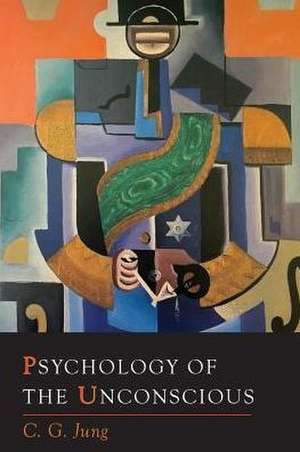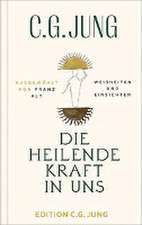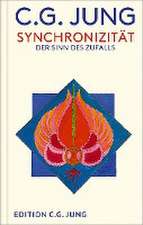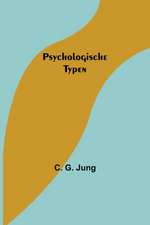Psychology of the Unconscious
Autor C. G. Jungen Limba Engleză Paperback – sep 2016
2016 Reprint of 1922 Edition. Full facsimile of the original edition, not reproduced with Optical Recognition Software. The book illustrates a theoretical divergence between Jung and Freud on the nature of the libido, and its publication led to a break in the friendship between the two men, both stating that the other was unable to admit he could possibly be wrong. According to Jung, his work is an "extended commentary on a practical analysis of the prodromal stages of schizophrenia" (Jung, 1956] 1967: xxv). The analysis is of the Miller Fantasies. These are fantasies of Miss Frank Miller, an American woman Jung did not know, whose writings he had encountered in the work of Th odore Flournoy. In "Psychology of the Unconscious," Jung seeks a symbolic meaning and purpose behind a given set of symptoms, placing them within the larger context of the psyche. The text examines the fantasies of a patient whose poetic and vivid mental images helped Jung redefine libido as psychic energy, arising from the unconscious and manifesting itself consciously in symbolic form. Jung's commentary on his patient's fantasies offers a complex study of symbolic psychiatry and foreshadows his development of the theory of collective unconscious and its constituents, the archetypes.
| Toate formatele și edițiile | Preț | Express |
|---|---|---|
| Paperback (2) | 184.57 lei 6-8 săpt. | |
| Alpha Editions – 12 feb 2019 | 184.57 lei 6-8 săpt. | |
| Martino Fine Books – sep 2016 | 199.49 lei 38-45 zile | |
| Hardback (1) | 513.31 lei 6-8 săpt. | |
| Taylor & Francis – 10 iul 2023 | 513.31 lei 6-8 săpt. |
Preț: 199.49 lei
Nou
38.17€ • 40.82$ • 31.83£
Carte tipărită la comandă
Livrare economică 14-21 aprilie
Specificații
ISBN-10: 1684220211
Pagini: 390
Dimensiuni: 156 x 234 x 24 mm
Greutate: 0.66 kg
Editura: Martino Fine Books
Descriere
2016 Reprint of 1922 Edition. Full facsimile of the original edition, not reproduced with Optical Recognition Software. The book illustrates a theoretical divergence between Jung and Freud on the nature of the libido, and its publication led to a break in the friendship between the two men, both stating that the other was unable to admit he could possibly be wrong. According to Jung, his work is an "extended commentary on a practical analysis of the prodromal stages of schizophrenia" (Jung, 1956] 1967: xxv). The analysis is of the Miller Fantasies. These are fantasies of Miss Frank Miller, an American woman Jung did not know, whose writings he had encountered in the work of Th odore Flournoy. In "Psychology of the Unconscious," Jung seeks a symbolic meaning and purpose behind a given set of symptoms, placing them within the larger context of the psyche. The text examines the fantasies of a patient whose poetic and vivid mental images helped Jung redefine libido as psychic energy, arising from the unconscious and manifesting itself consciously in symbolic form. Jung's commentary on his patient's fantasies offers a complex study of symbolic psychiatry and foreshadows his development of the theory of collective unconscious and its constituents, the archetypes.
Cuprins
i n t r o d u c t i o n , by William McGuire xvn
TRANSLATOR'S N O T E
AUTHOR'S NOTE
PART 1
Introduction
I. Concerning the Two Kinds o f Thinking
II. The Miller Phantasies
III. The Hymn o f Creation
IV. The Song o f the Moth
PART II
I. Aspects o f the Libido
II. The Conception and the Genetic Theory of Libido
III. The Transform ation o f the Libido. A Possible Source o f Primitive Human Discoveries
IV. The Unconscious Origin o f the Hero
V. Symbolism o f the Mother and o f Rebirth
VI. The Battle for Deliverance from the Mother
VII. The Dual Mother Role
VIII. The Sacrifice
Index











